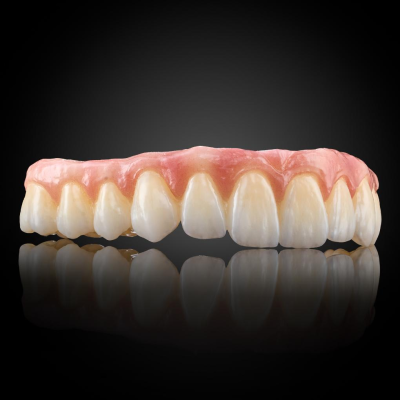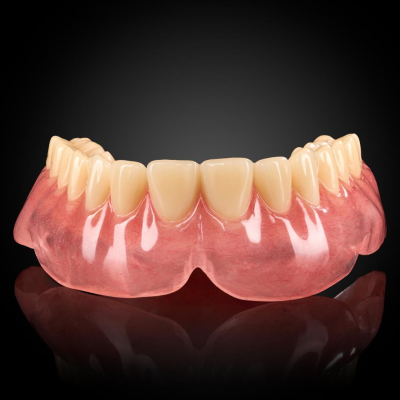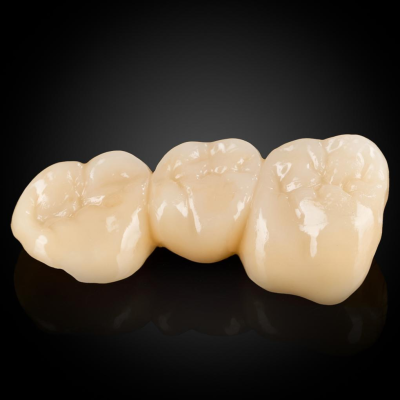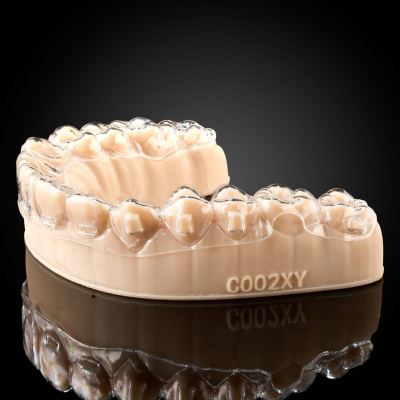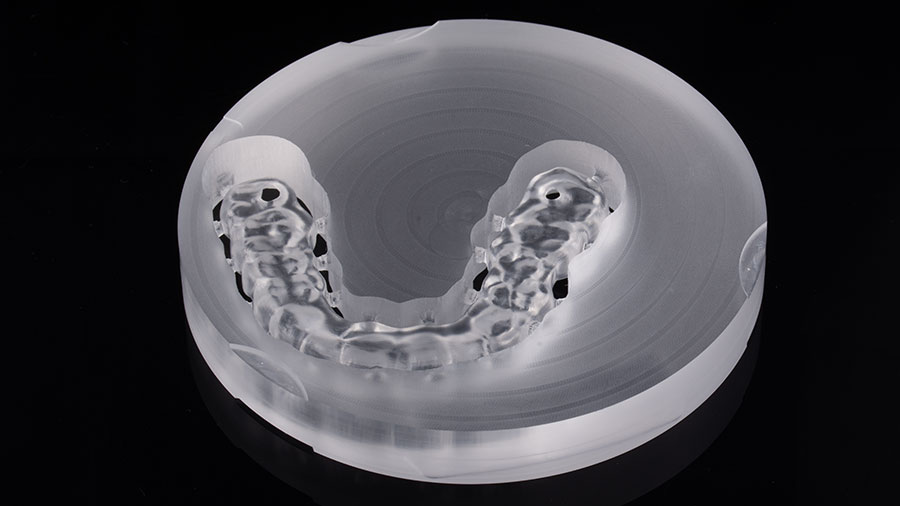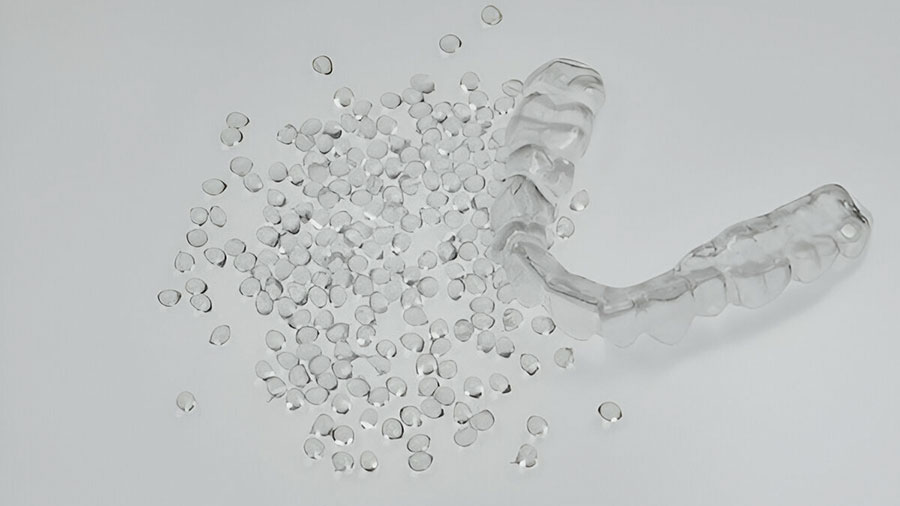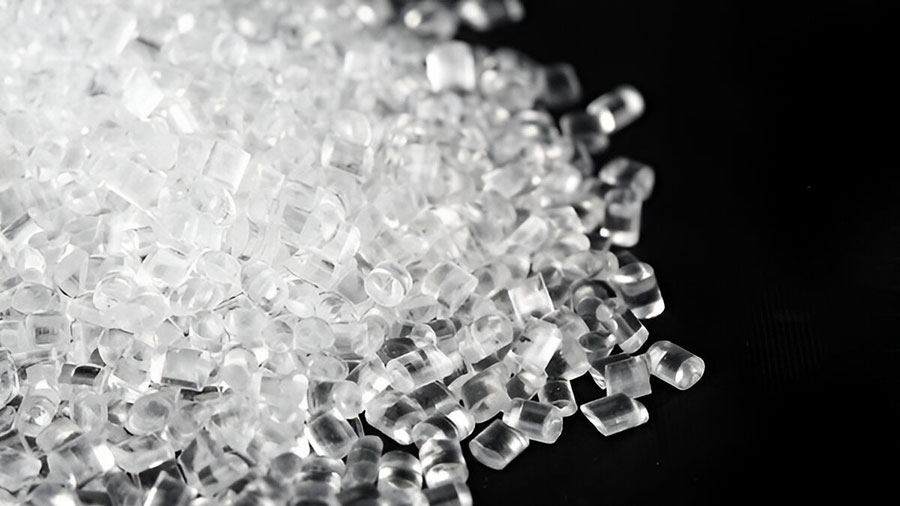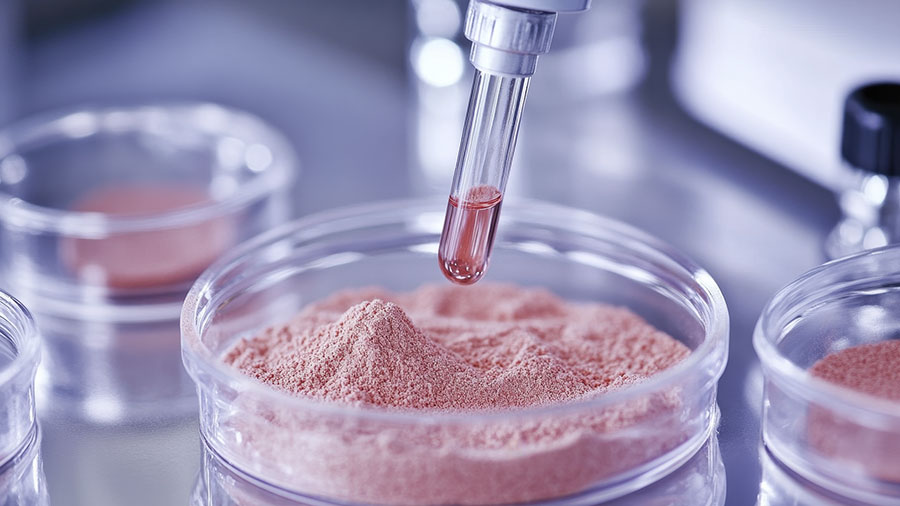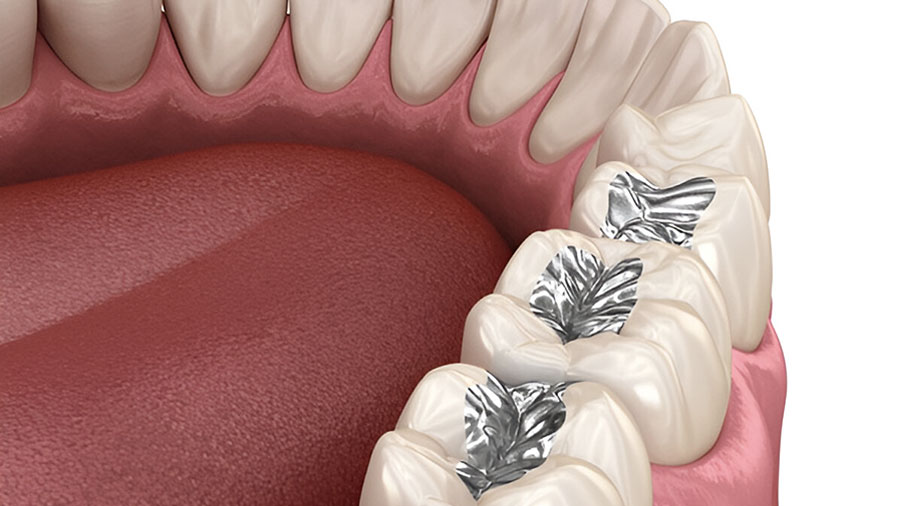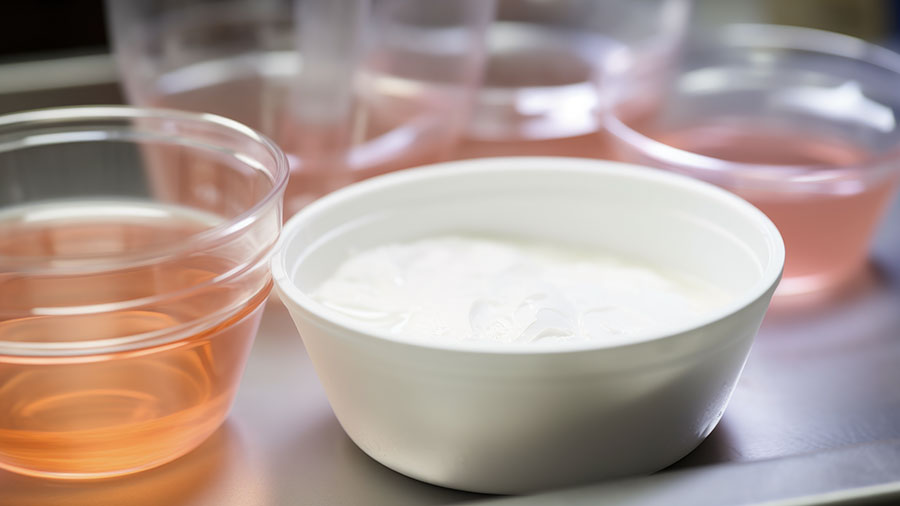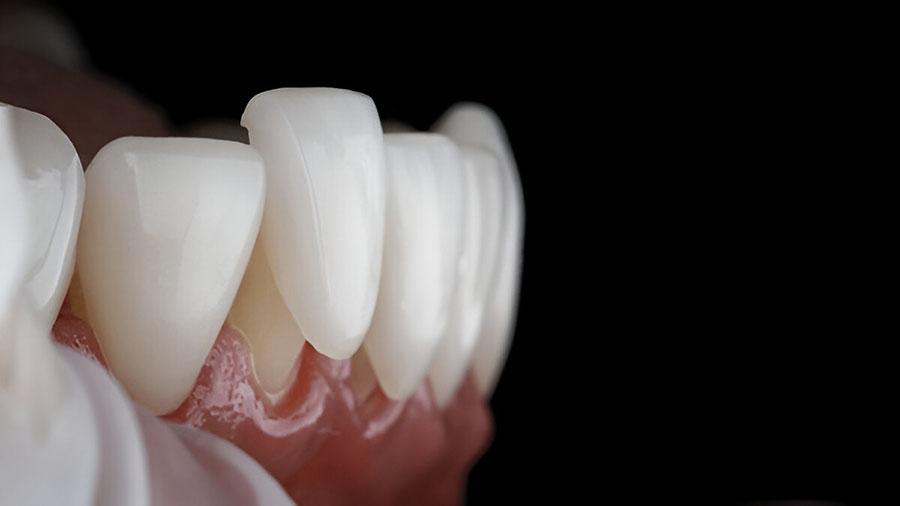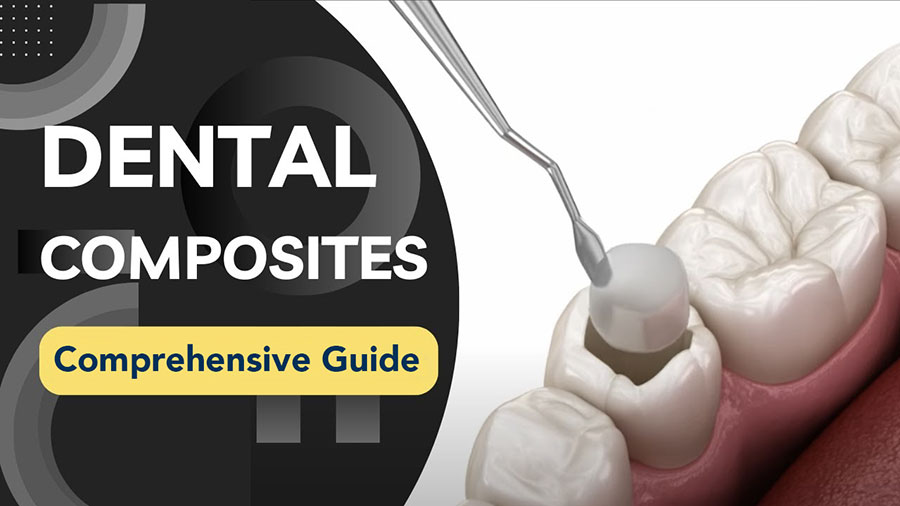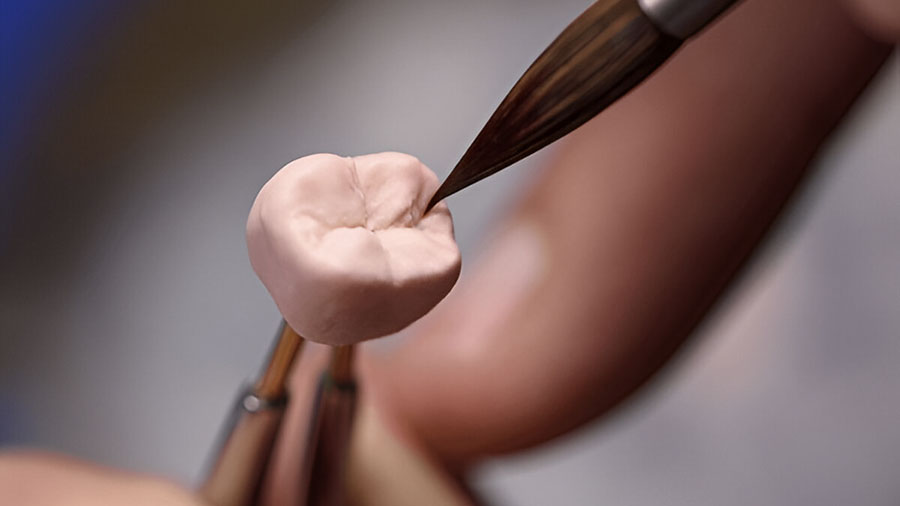Polymethyl Methacrylate (PMMA) has transformed modern dental workflows, particularly in the realm of digital dentistry. As a cornerstone material for temporary restorations, PMMA’s compatibility with CAD/CAM systems has made it indispensable for dental laboratories and clinics striving for efficiency, precision, and patient satisfaction.
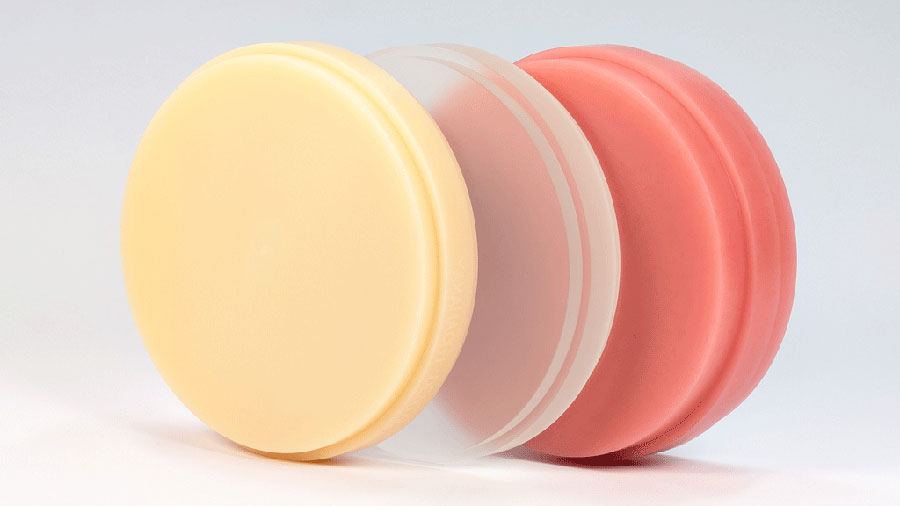
In this article, we’ll explore the role of PMMA in CAD/CAM workflows, compare the advantages of 3D-printed PMMA and milled PMMA blocks, and discuss how these advancements are shaping the future of digital temporary restorations.
Table of contents [Show]
The Role of PMMA in CAD/CAM Workflows
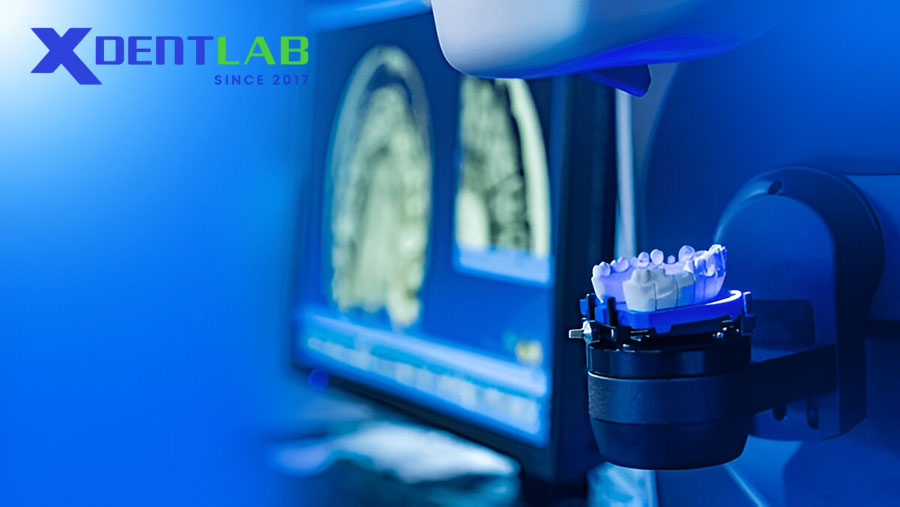
Digital Integration with CAD/CAM Systems
PMMA is a highly versatile material that seamlessly integrates into both traditional and digital workflows. In the context of CAD/CAM (Computer-Aided Design/Computer-Aided Manufacturing) systems, PMMA offers several key benefits:
Precision and Customization: Designed specifically for CAD/CAM milling systems, PMMA can be precisely shaped into temporary crowns, bridges, and other provisional restorations.
Versatility: PMMA adapts to a variety of digital techniques, from intraoral scanning to CAD design and CAM milling, ensuring compatibility with modern dental technologies.
Efficiency: Digital workflows utilizing PMMA significantly reduce chairside time, allowing dental professionals to deliver quicker, more reliable solutions to patients.
Workflow Efficiency
CAD/CAM workflows for PMMA restorations streamline the fabrication process, making it faster and more efficient than traditional methods. A typical digital workflow involves:
Intraoral Scanning or Digital Impressions: Capturing precise digital impressions of the patient’s oral anatomy.
CAD Design: Designing the restoration using advanced software to ensure an accurate fit and optimal aesthetics.
CAM Milling: Fabricating the restoration from pre-polymerized PMMA blocks using high-precision milling machines.
Minimal Finishing and Polishing: With PMMA, restorations require little post-processing, saving time and effort.
Clinical Applications of PMMA in CAD/CAM
PMMA has proven to be particularly valuable in implant dentistry, where temporary restorations play a critical role during the healing phase. Its applications include:
Implant Provisionals: PMMA is ideal for creating implant-supported temporary restorations, offering durability and aesthetics while ensuring patient comfort.
Complex Cases: From individual units to extensive bridges, PMMA meets the demands of a wide range of clinical scenarios.
By combining PMMA’s material properties with the precision of CAD/CAM workflows, dental professionals can deliver high-quality temporary restorations that enhance patient outcomes.
Comparison Between 3D-Printed PMMA and Milled PMMA Blocks
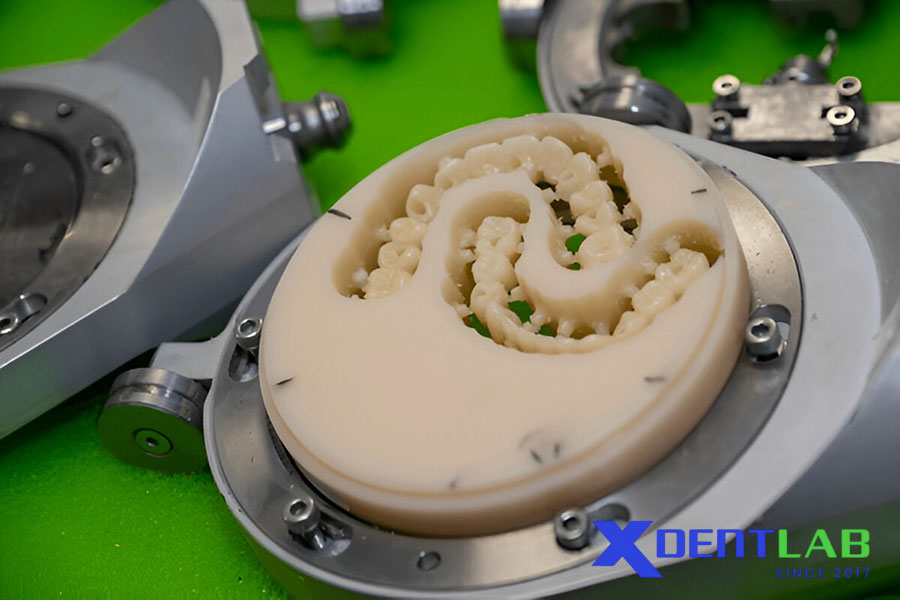
The rise of 3D printing in dentistry has introduced new possibilities for fabricating PMMA restorations. However, the choice between 3D-printed PMMA and milled PMMA blocks depends on factors such as speed, accuracy, material properties, and cost.
Manufacturing Speed and Efficiency
3D Printing: Offers faster turnaround times, making it ideal for cases requiring same-day or next-day restorations.
Milling: While slower, milling ensures consistent quality and predictable results, particularly for complex restorations.
Accuracy and Precision
3D Printed PMMA: Studies show that printed crowns often exhibit lower occlusal differences compared to milled crowns when evaluated against the original CAD design file. However, precision can vary based on printer settings and post-processing protocols.
Milled PMMA: Pre-polymerized PMMA blocks provide consistent accuracy and predictable outcomes, making them a reliable choice for cases where precision is critical.
Material Properties and Longevity
Milled PMMA: Known for its superior mechanical properties, milled PMMA offers better strength, toughness, and durability for long-term provisionals.
3D Printed PMMA: While advancements in 3D printing technology have improved material properties, variations in printer settings and post-processing can impact the final product’s longevity and performance.
Cost Considerations
3D Printing: Generally more cost-effective due to lower material costs and reduced waste.
Milling: Requires investment in PMMA blocks and milling equipment but delivers consistent, high-quality results.
Both methods have their place in modern digital dentistry, with the choice often depending on clinical requirements, available equipment, and practitioner preferences.
Why PMMA is the Future of Digital Temporary Restorations
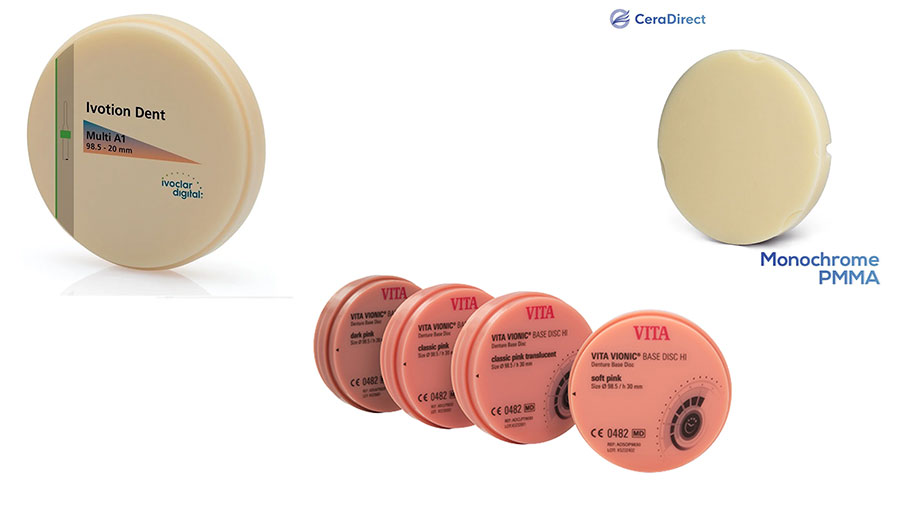
The growing demand for efficiency, precision, and aesthetics in dental restorations has solidified PMMA’s role as a critical material in digital dentistry. Here’s why PMMA remains at the forefront of temporary restorations:
Aesthetic Excellence: PMMA’s ability to mimic natural tooth shades and translucency ensures patient satisfaction with temporary restorations.
Durability: Whether milled or 3D printed, PMMA offers sufficient strength and wear resistance to support patients through extended treatment periods.
Cost-Effectiveness: PMMA’s affordability makes it accessible to dental labs and patients alike, without compromising on quality.
Digital Compatibility: As CAD/CAM and 3D printing technologies continue to evolve, PMMA’s versatility ensures its relevance in future workflows.
XDENT LAB: Elevating Digital Dentistry with PMMA Solutions
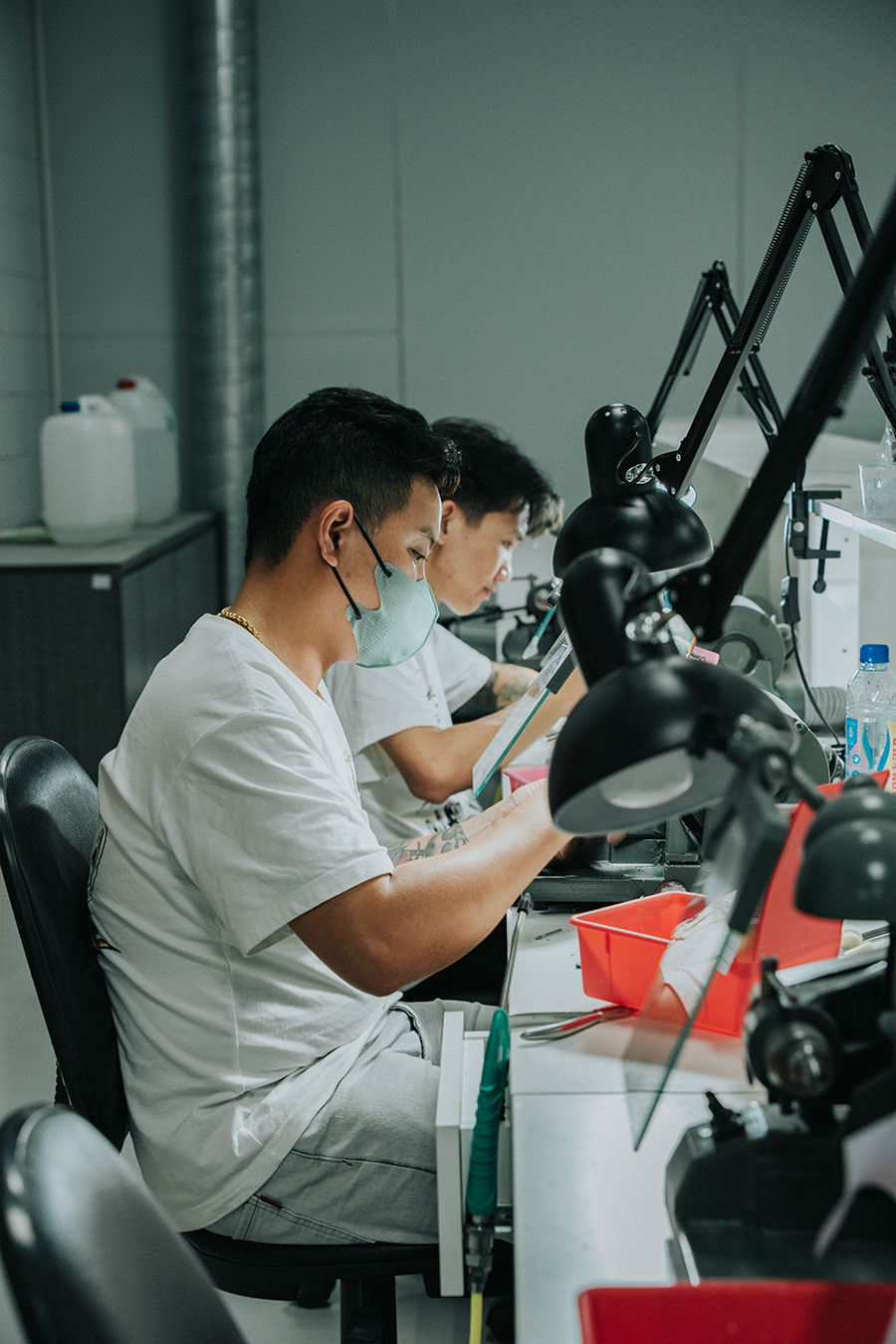
At XDENT LAB, we specialize in leveraging advanced materials like PMMA to deliver high-quality, precise, and aesthetic temporary restorations. As a trusted partner for dental practices, our lab-to-lab services are designed to meet the highest standards of quality and compliance, approved by FDA and ISO certifications.
With over 100 certified technicians and state-of-the-art technology, XDENT LAB ensures that every PMMA restoration is crafted with precision and care. Whether you prefer 3D-printed or milled PMMA solutions, our expertise in digital workflows guarantees consistent results that enhance patient outcomes.
Why Choose XDENT LAB for PMMA Restorations?
Expertise in Digital Workflows: We integrate PMMA into CAD/CAM and 3D printing systems for efficient, high-quality restorations.
Global Standards: Our products meet U.S. market standards, ensuring reliability and consistency.
Customized Solutions: From single-unit provisionals to full-arch implant restorations, we tailor our services to your needs.
Conclusion
PMMA has revolutionized the way dental professionals approach temporary restorations, offering unparalleled precision, efficiency, and aesthetics in digital workflows. Whether through CAD/CAM milling or 3D printing, PMMA continues to set the standard for modern dental prosthetics.
At XDENT LAB, we are committed to helping dental practices achieve excellence by providing cutting-edge PMMA solutions tailored to their unique needs. Partner with us to experience the future of digital dentistry - where innovation m
XDENT LAB is an expert in Lab-to-Lab Full Service from Vietnam, with the signature services of Removable & Implant, meeting U.S. market standards – approved by FDA & ISO. Founded in 2017, XDENT LAB has grown from local root to global reach, scaling with 2 factories and over 100 employees.. Our state-of-the-art technology, certified technicians, and commitment to compliance make us the trusted choice for dental practices looking to ensure quality and consistency in their products.
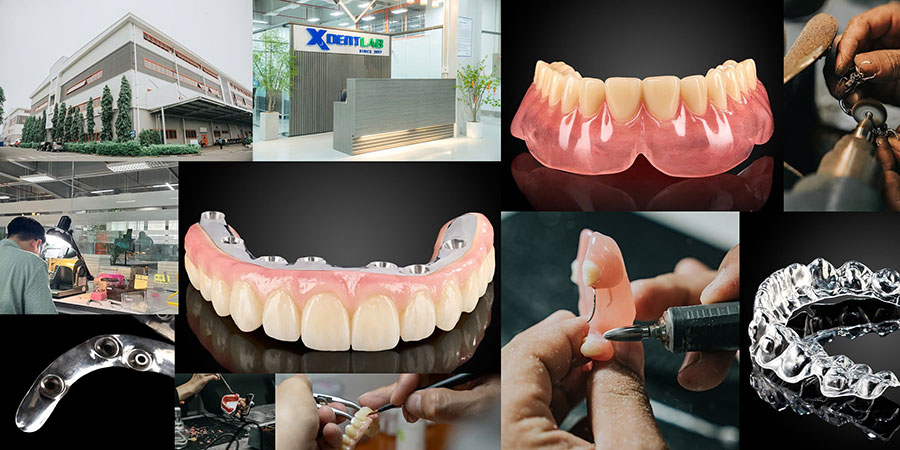
Our commitments are:
100% FDA-Approved Materials.
Large-Scale Manufacturing, high volume, remake rate < 1%.
2~3 days in lab (*digital file).
Your cost savings 30%.
Uninterrupted Manufacturing 365 days a year.
Contact us today to establish a strategy to reduce operating costs.
--------❃--------
Vietnam Dental Laboratory - XDENT LAB
🏢 Factory 1: 95/6 Tran Van Kieu Street, Binh Phu Ward, Ho Chi Minh City, Vietnam
🏢 Factory 2: Kizuna 3 Industrial Park, Can Giuoc Commune, Tay Ninh Province, Vietnam
☎ Hotline: 0919 796 718 📰 Get detailed pricing

